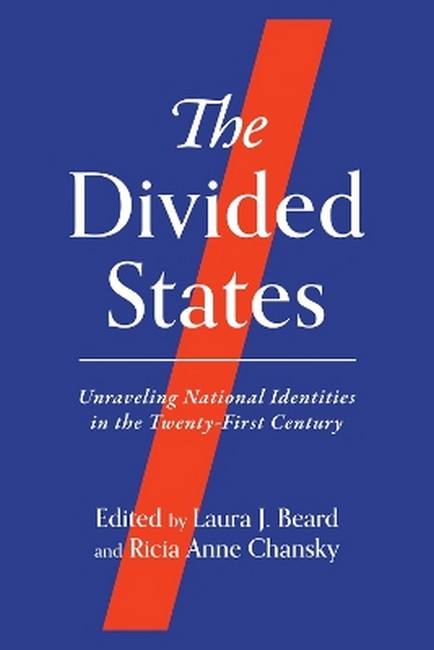Laura J. Beard is an associate vice president of research innovation at the University of Alberta. Ricia Anne Chansky is a professor of literature at the University of Puerto Rico at Mayagueez, coeditor of the scholarly journal, a/b: Auto/Biography Studies, and editor of the Routledge Auto/Biography Studies book series.
Request Academic Copy
Please copy the ISBN for submitting review copy form
Description
Acknowledgments Introduction: Contested Lives, Contesting Lives Ricia Anne Chansky and Laura J. Beard Section One: Tracing Patterns Dakobijigaade mii miinawaa Aaba'igaade Gichimookomaanakiing: Tied and Untied in America Margaret Noodin Negotiating National Identity and Well-Being in US Black Women's Diaries Joycelyn K. Moody The Legacy of Conquest in Comics: Texas History Movies, Jack Jackson, and Revision Daniel Worden "Strange Juxtapositions": Elliott Erwitt's Visual Diary of Cold War America Steven Hoelscher We Have Never Been a Nation of Immigrants: Refugee Temporality as American Identity Elizabeth Rodrigues "A small flashlight in a great dark space": Elizabeth Warren, Autobiography, and Populism Rachael McLennan Indians in Monumental Places: Heid Erdich and Jeff Thomas Laura J. Beard Juneteenth Angela Ards Archival Intervention: Surviving the "Savage Splintering" in Deborah Miranda's Bad Indians Hertha D. Sweet Wong Section Two: Facing Forward Moving Beyond the Urban/Rural Divide in Alison Bechdel's Fun Home Katie Hogan White Privilege and J. D. Vance's Hillbilly Elegy Stephanie Li) Getting Schooled: Responses to Education as Neoliberal Identity-Formation in US Life Narratives Megan Brown Disabling Birth: Prognostic Certainty and the Gestating Citizen of the Contemporary Midwifery Movement Ally Day Afterword Days of Reckoning: Prospects for Life Narrative 2020 Sidonie Smith and Julia Watson Contributors Index
"Timely, relevant, and innovative. The editors have assembled a powerful chorus of established and emerging voices of auto/biography critics and practitioners of life writing to make a compelling argument for rewriting the nation's imaginary. By centering subjects who have been marginalized, erased, and excluded from traditional national myths, this urgently needed collection has the potential to become a canonical text."--Eva C. Karpinski, York University

